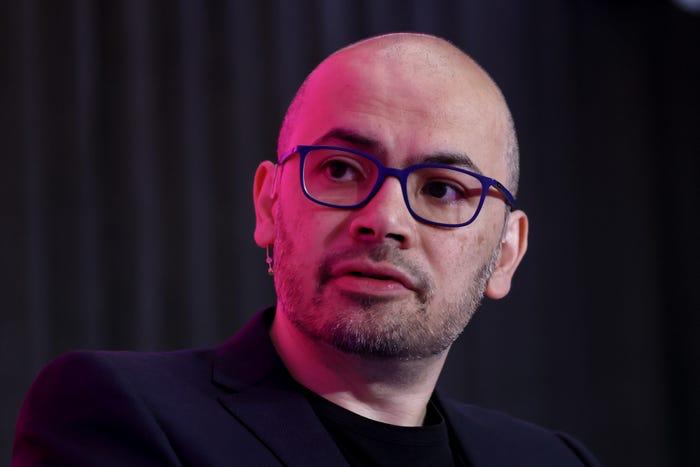Key Highlights
Demis Hassabis, CEO of Google DeepMind and Nobel laureate in Chemistry for his work on AlphaFold, follows an unusual sleep-wake cycle by going to sleep around 4 AM and waking up close to 10 AM, effectively dividing his day into two work periods
He describes his routine as having “two working days” within the regular 24 hours: a full workday at the office spanning roughly from 10 AM to evening, followed by a second “creative” work session at night starting around 10 or 11 PM until the early morning hours
The late-night hours are used primarily for research, reading the latest academic papers, generating creative ideas, and doing deep thinking, activities Hassabis finds best suited to the quiet and solitude of the small hours
Despite getting about 5 to 6 hours of sleep, which he acknowledges might be below ideal according to brain health studies, Hassabis maximizes his cognitive creativity and operational management by this split schedule
This distinctive routine contrasts with typical corporate leaders who start early; Hassabis embraces nocturnal work rhythms as part of his personal productivity and innovation strategy
His intense and disciplined work ethic has underpinned DeepMind’s breakthroughs such as AlphaFold, Gemini AI models, and pioneering AI research, further complemented by his Nobel Prize accolade in Chemistry in 2024
Hassabis credits this routine with enabling him to simultaneously manage corporate responsibilities and advanced scientific research, squeezing out exceptional productivity and creative output
His unconventional habits underscore a broader truth in high-performance leadership—that optimal productivity is highly individual and often requires tailored daily rhythms
Beyond routine, Hassabis is focused on further AI frontiers including artificial general intelligence (AGI) and AI-accelerated scientific discovery, ambitions that demand sustained high intellectual effort and long working hours
Demis Hassabis’s Daily Work Rhythm: A Closer Look
Sleep around 4 AM: Hassabis typically retires quite late, often after midnight or even later, finishing his second work phase before sleep
Wake and Work 10 AM – Evening: Begins his official workday at DeepMind with meetings, management duties, coordination with teams, and overseeing various AI projects
Family Time and Dinner: Returns home for dinner and short family time, balancing personal life amidst demanding professional commitments
Second Work Session 10 or 11 PM – 4 AM: Utilizes this “quiet time” for research, creative problem-solving, reading scientific literature, and conceptual work beyond routine tasks
Sleep Duration: Normally sleeps about 5-6 hours daily, balancing his polyphasic-like schedule to sustain energy and cognitive function
Impact and Outcomes
Hassabis’s sleep and work pattern has been a core component of his leadership and innovation style, helping him navigate:
The dual demands of leading a global AI powerhouse and personally engaging in cutting-edge scientific innovation
Sustained creative thinking during undisturbed nighttime hours, which he identifies as optimal for breakthroughs and strategic ideation
Balancing operational management with deep, focused research—a blend unusual at the CEO level but crucial for DeepMind’s pathbreaking AI successes
Conclusion
Google DeepMind CEO Demis Hassabis exemplifies a distinctive approach to productivity by splitting his day into two working phases anchored by a late sleeping habit around 4 AM. This regimen allows him to achieve the equivalent of two working days in a normal 24-hour period, fueling both his executive responsibilities and scientific creativity. His schedule, though unconventional, highlights the diversity of effective work patterns among visionary leaders, especially within high-stakes, knowledge-intensive fields like artificial intelligence research.
Sources: OfficeChai, Business Insider

